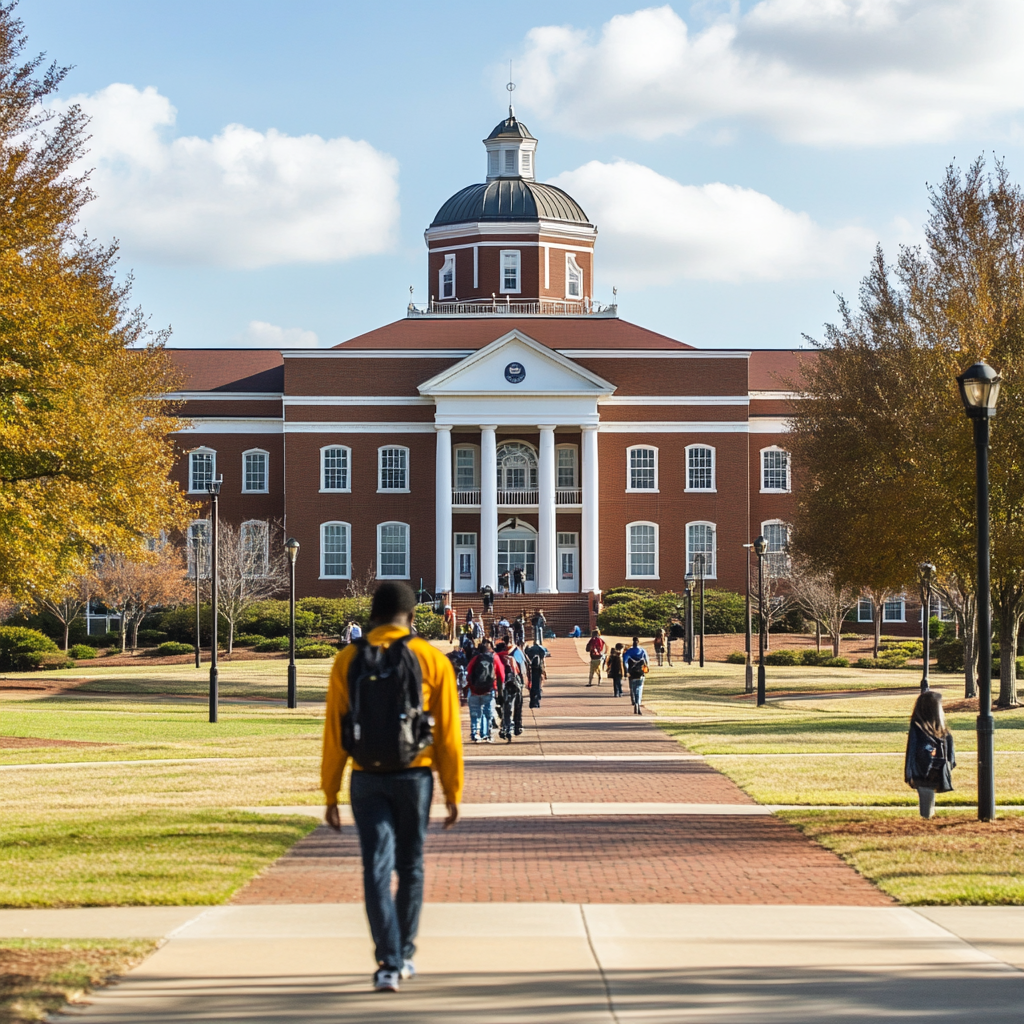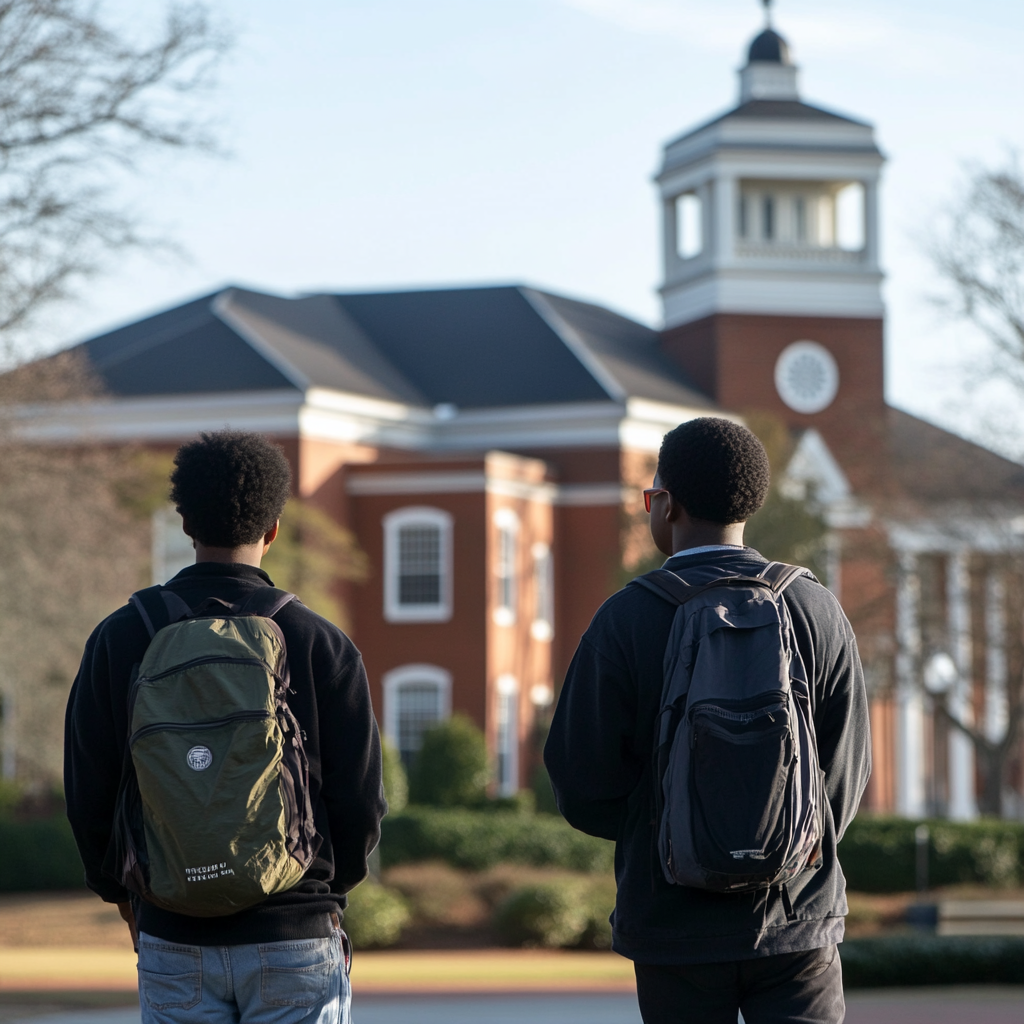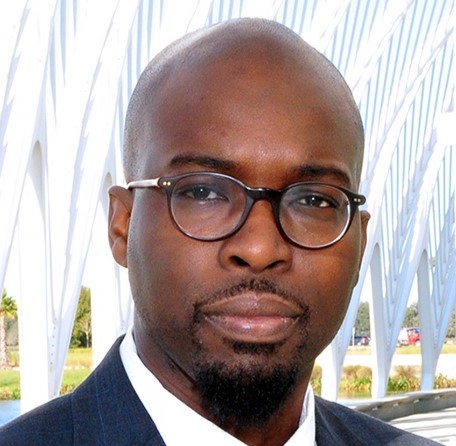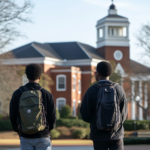Now Reading: Alabama State University Faces Challenges Amid Federal Policy Shifts Impacting HBCU
-
01
Alabama State University Faces Challenges Amid Federal Policy Shifts Impacting HBCU
Alabama State University Faces Challenges Amid Federal Policy Shifts Impacting HBCU

Recent federal policy changes have introduced significant challenges for Historically Black Colleges and Universities (HBCUs) across the nation, including Alabama State University (ASU). These developments have raised concerns about funding, research opportunities, and the future of diversity initiatives within these institutions.
USDA Scholarship Program Suspension: In February 2025, the U.S. Department of Agriculture (USDA) suspended the 1890 National Scholars Program, a vital initiative that has provided full scholarships to students at HBCUs specializing in agriculture. Since its inception, the program has supported over 800 students, offering comprehensive financial assistance and subsequent employment opportunities within the USDA. The suspension has sparked widespread concern among HBCU leaders and policymakers, who view it as a setback in efforts to correct historical disparities in agricultural education and employment. The Guardian+1Reuters+1
Executive Order Affecting DEI Programs: Additionally, an executive order issued by President Donald Trump targeting Diversity, Equity, and Inclusion (DEI) initiatives in federally funded programs has created uncertainty within the academic community. This order has led to apprehension regarding the future of research funding, particularly for projects focusing on marginalized communities. Institutions like ASU, which benefit from federal research grants, may face challenges in securing funding for studies aimed at addressing racial and social disparities. AP News
Legal Challenges to Anti-DEI Legislation: In response to these policy shifts, university professors and students in Alabama have filed a lawsuit challenging a new state law that bans DEI programs at universities and restricts discussions on race and gender in classrooms. The plaintiffs argue that the law violates First Amendment rights by imposing viewpoint-based restrictions and discriminates against Black students by targeting race-related concepts and eliminating supportive campus spaces. This legal action underscores the broader national debate on the role of DEI initiatives in higher education and their impact on institutions like ASU. AP News
As Alabama State University navigates these evolving political landscapes, the institution remains committed to its mission of providing quality education and fostering an inclusive environment. The university community, alongside other HBCUs, continues to advocate for policies that support diversity, equity, and the advancement of underrepresented populations in higher education.




























